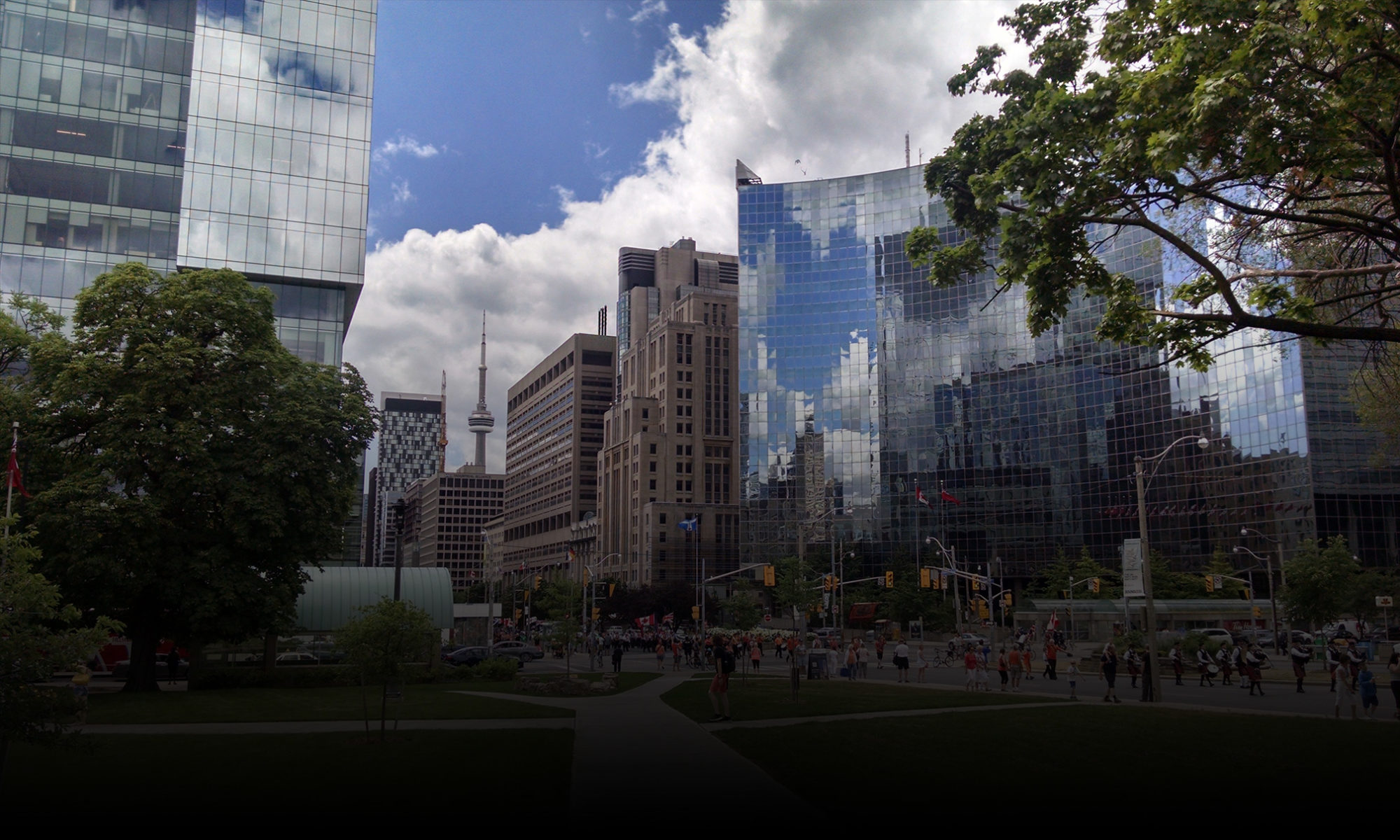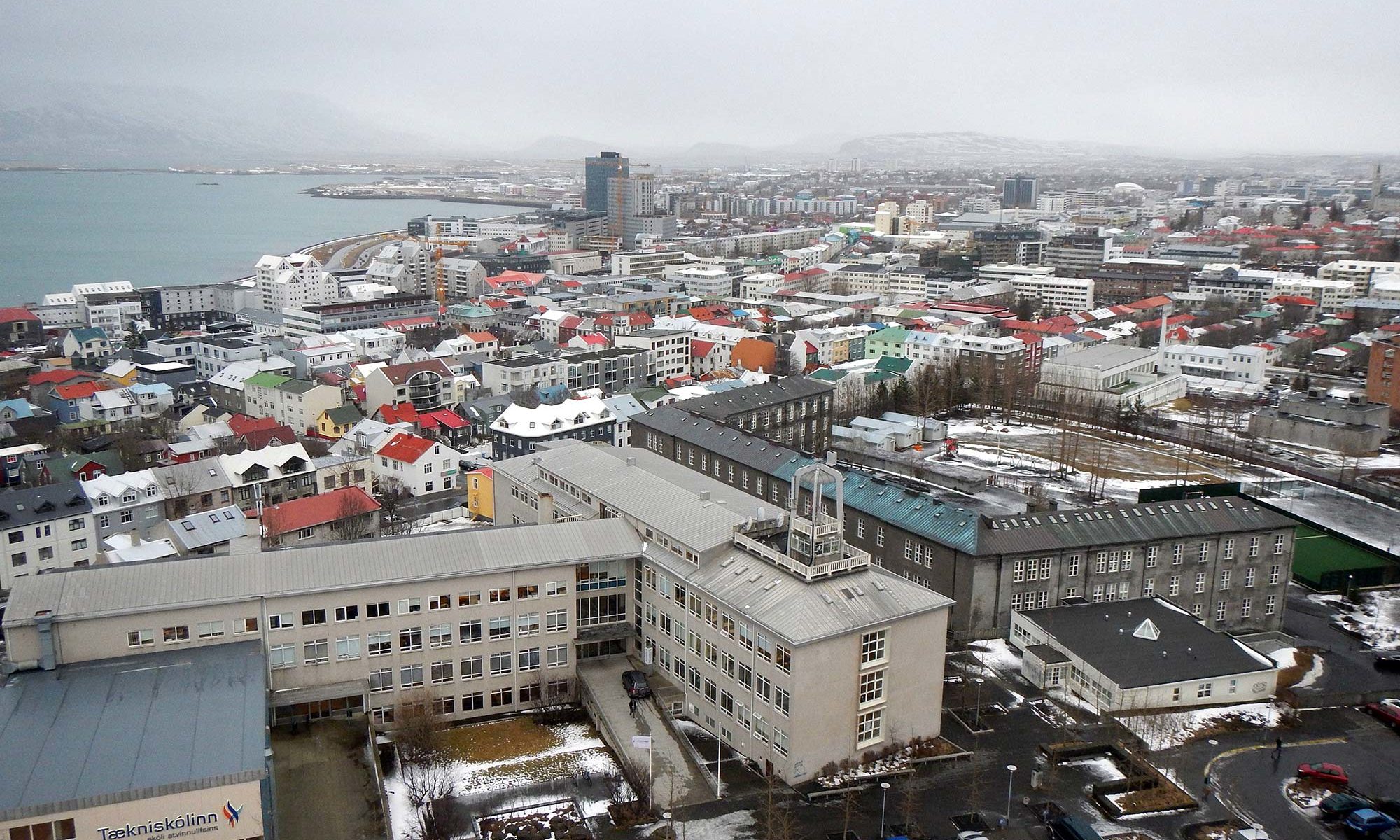But, why not you?
I want to challenge you. Think of the last time you didn’t act or didn’t say something and then something bad happened. It could have been debris you witnessed on the freeway that later caused a horrific accident, or a person experiencing homelessness shivering to stay warm in the bitter cold. You may have heard later on the news of people lying outside freezing to death, which caused you to reflect on the person you passed by earlier. You may have further thought of all of the potential warmth and life-giving jackets and blankets you possess, possibly sitting idle in your home. You may have even thought of a room that doesn’t get frequented in your home that could provide shelter to a person less fortunate, an economic refugee. Or, maybe your moment of inaction was the time you opted out of voting in a local election. Then later you discovered that the issue or winning candidate was decided by only a few votes. Little things do matter. Your actions matter. So does your inaction. If you don’t believe that, reflect for a moment on the provocative poem written by Pastor Martin Niemöller, “First they came .…” His poem is a powerful statement about the failure of Germans to speak out against the Nazis.
Your thoughts become your words and when shared with others, become conversations. Those conversations when acted upon become movements, community forms, and the world eventually shifts, hopefully in a wholesome, humane direction. This beliefs-thoughts-words-actions-community cycle has repeated across the millennia. In modern time, civil society no longer tolerates and accept things like slavery. Once was a day that people didn’t think twice about purchasing products made from cotton that was harvested by slaves, or burning coal that was broken down by “breaker boys,” the children that should have been in school, but instead broke big chunks of coal into little chunks of coal for wealthy mine owners. Mine owners didn’t think this as morally reprehensible as we do today. Other examples abound.
“The world moves, and ideas that were good once are not always good.”
Dwight D. Eisenhower
34th President of the United States
(1890-1969)
What actions or inaction are we involved in today that we’ll look back on 100 years from today and think to be morally reprehensible? It’s a question you should bring to your own dinner table. Does it matter than some products are ethically sourced while others marginalize people? It should matter because people matter. All people, everywhere.
“A good community will not be invented, discovered or “just grow.”
It must be forged from the purpose and quality of the lives of the people living in it.”
Arthur Ernest Morgan
Community Organizer, Educator, Civil Engineer, U.S. Administrator
(1878 – 1975)
But, how big is a community? Your community thinking should be at least as big as your interdependency. It is likely you drink coffee and eat chocolate and use a cell phone. Those items comprise resources not found in your region. That makes you dependent upon a larger community. You should (if you don’t already) care about that global community. Your care (and conversation) should ensnare others, similarly.
What the world needs now is for global citizens to rise up together, not in revolution and in more conflict, but in a culture of care, with informed engagement, to spark new thinking and new dialogue. It’s time we all had an honest conversation about the world we wish to live in a leave behind. You should be a part of that conversation. If not you, who?
about the author
Gregory Olson is the author of The Experience Design Blueprint, a book about designing better experiences and then making them come true. His latest book is L’ impossi preneurs: A Hopeful Journey Through Tomorrow, a light-hearted and deadly serious book about a brighter future where we live more meaningful lives, governments invest in people and sustainable progress, and technology serves humans.
Chapters that especially pertain to this blog post include Chapter 9: The Neighborhood in The Experience Design Blueprint and in L’ impossi preneurs: A Hopeful Journey Through Tomorrow:
- Chapter 5: Wealth & Economy
- Chapter 8: Social
- Chapter 9: Environment
 Gregory Olson founded strategy and design firm Delightability, LLC. with the belief that if you delight customers then success will follow. He believes that we all have the potential to do better, as individuals, organizations, and communities, but sometimes we need a little help. Gregory also serves as a volunteer board member for Oikocredit Northwest, a support association for social investor and financial institution, Oikocredit International.
Gregory Olson founded strategy and design firm Delightability, LLC. with the belief that if you delight customers then success will follow. He believes that we all have the potential to do better, as individuals, organizations, and communities, but sometimes we need a little help. Gregory also serves as a volunteer board member for Oikocredit Northwest, a support association for social investor and financial institution, Oikocredit International.




 Ignoring Climate Change and Customer Experience can result in diminished human potential and destroyed companies, brands, property, and lives. The good news is that amid deniers of Climate Change or those that don’t think the Customer Experience matters, there are many people who do care and are actively engaging others to care, too.
Ignoring Climate Change and Customer Experience can result in diminished human potential and destroyed companies, brands, property, and lives. The good news is that amid deniers of Climate Change or those that don’t think the Customer Experience matters, there are many people who do care and are actively engaging others to care, too.

 Gregory Olson founded strategy and design firm Delightability, LLC. with the belief that if you delight customers then success will follow. He believes that we all have the potential to do better, as individuals, organizations, and communities, but sometimes we need a little help. Gregory also serves as a volunteer board member for
Gregory Olson founded strategy and design firm Delightability, LLC. with the belief that if you delight customers then success will follow. He believes that we all have the potential to do better, as individuals, organizations, and communities, but sometimes we need a little help. Gregory also serves as a volunteer board member for 


 Freed from the shackles of inaction
Freed from the shackles of inaction But, even if they don’t, a culture of care can begin with each of us. At home, in school, in our communities, at work, even in the online community. So what about you? How will you create a culture of care, in your home, in your work, in your community? You’ll likely need a test to go with it. What will be your equivalent Reasonable Investor Test? We really can all do better as individuals, organizations, and the world community. I hope you’ll do your part. Onward.
But, even if they don’t, a culture of care can begin with each of us. At home, in school, in our communities, at work, even in the online community. So what about you? How will you create a culture of care, in your home, in your work, in your community? You’ll likely need a test to go with it. What will be your equivalent Reasonable Investor Test? We really can all do better as individuals, organizations, and the world community. I hope you’ll do your part. Onward.
 In Adelaide, South Australia, RipeNear.Me, provides a platform for people to connect directly with growers or find food on public land. The site has the promise of eliminating waste at the source and even encourages more locally grown sustainable food in backyards, front yards, balconies, rooftops, vacant blocks, and other empty urban spaces. It provides a platform for growers to give away excess food or even establish a profitable ecosystem or micro farm. Join registered users in cities in 16 countries on 5 continents.
In Adelaide, South Australia, RipeNear.Me, provides a platform for people to connect directly with growers or find food on public land. The site has the promise of eliminating waste at the source and even encourages more locally grown sustainable food in backyards, front yards, balconies, rooftops, vacant blocks, and other empty urban spaces. It provides a platform for growers to give away excess food or even establish a profitable ecosystem or micro farm. Join registered users in cities in 16 countries on 5 continents.  In the city of Galdakao, in the Basque town in Northern Spain, the Association of Volunteers of Galdakao, under leadership from Alvaro Saiz established the Solidarity Fridge. The communal refrigerator sits on a city sidewalk with a fence around it. Anybody in the town of 30,000, can deposit food or help themselves to what’s inside. Simply stop by and grab what you need. Mayor Ibon Uribe, upon hearing the idea, immediately supported it with a small budget to get it started and to sustain its operation. A physical refrigerator in plain view is especially valuable for those without internet access or smartphones. The group wants to build a network of communal refrigerators and invites others to join.
In the city of Galdakao, in the Basque town in Northern Spain, the Association of Volunteers of Galdakao, under leadership from Alvaro Saiz established the Solidarity Fridge. The communal refrigerator sits on a city sidewalk with a fence around it. Anybody in the town of 30,000, can deposit food or help themselves to what’s inside. Simply stop by and grab what you need. Mayor Ibon Uribe, upon hearing the idea, immediately supported it with a small budget to get it started and to sustain its operation. A physical refrigerator in plain view is especially valuable for those without internet access or smartphones. The group wants to build a network of communal refrigerators and invites others to join. 
 Solidarity Fridge was inspired by a larger initiative that began in Germany, namely, Foodsharing.de. Using the website, individuals who have food that is still good but cannot use it, can connect to people who need food. But, it isn’t only individuals. Supermarkets and bakers are participating in over 240 German cities along with 41,000 people. In the first year of operation the website received over 1 million visitors. People don’t have the stigma of registering with a food bank and then subsequently waiting in line. It is more dignified. Volunteers known as Foodsavers are happy to do their part in picking up food from bakers, etc., saving food from waste, and making the world a little better place.
Solidarity Fridge was inspired by a larger initiative that began in Germany, namely, Foodsharing.de. Using the website, individuals who have food that is still good but cannot use it, can connect to people who need food. But, it isn’t only individuals. Supermarkets and bakers are participating in over 240 German cities along with 41,000 people. In the first year of operation the website received over 1 million visitors. People don’t have the stigma of registering with a food bank and then subsequently waiting in line. It is more dignified. Volunteers known as Foodsavers are happy to do their part in picking up food from bakers, etc., saving food from waste, and making the world a little better place. 




